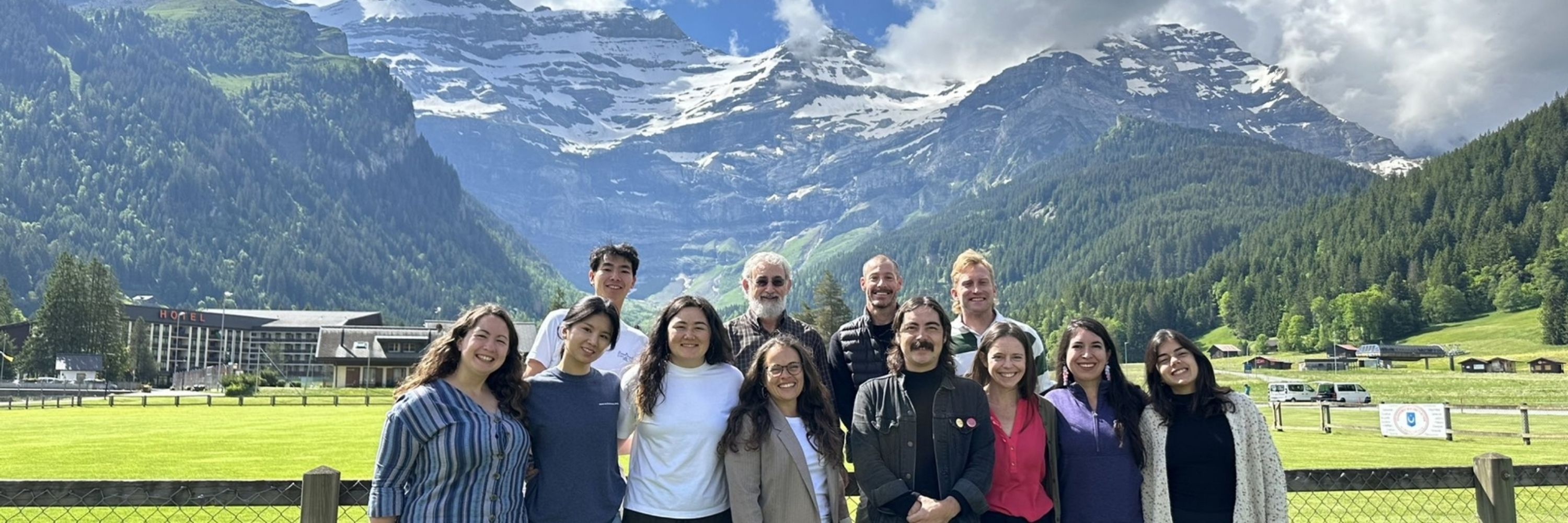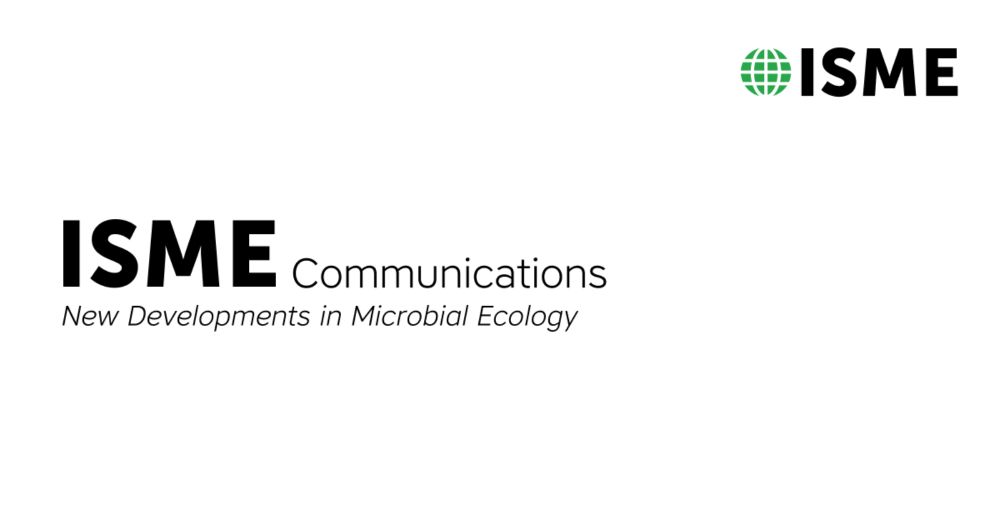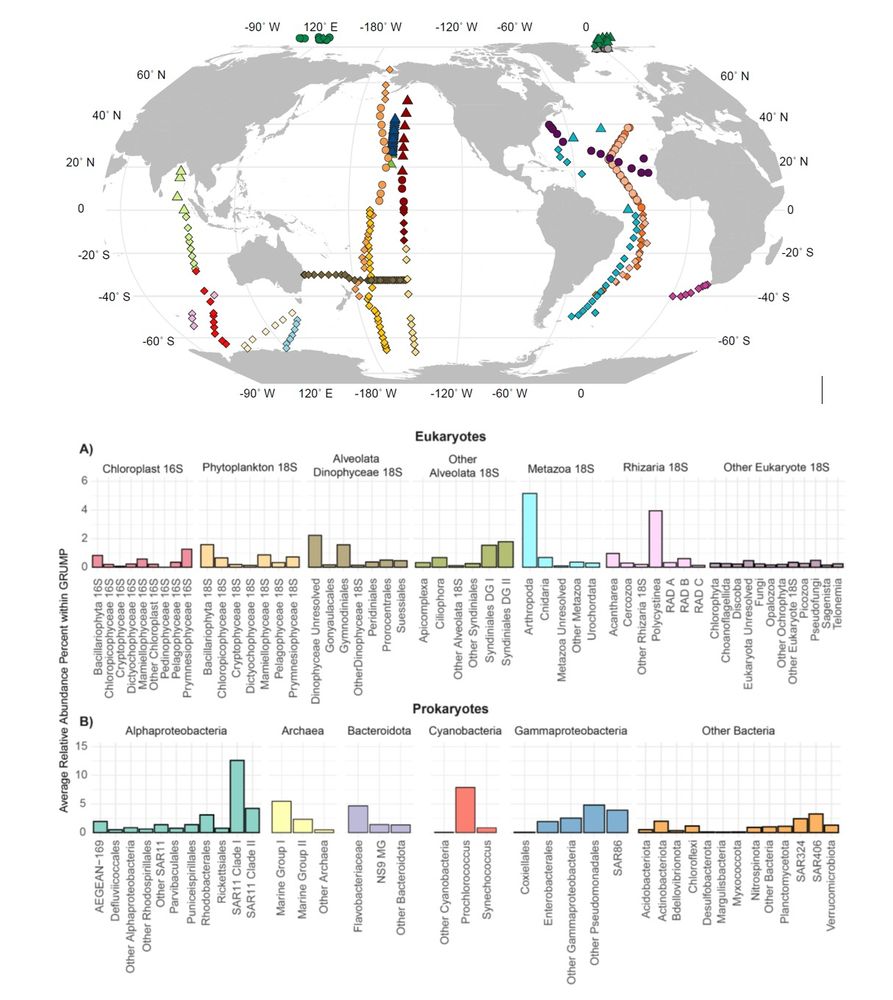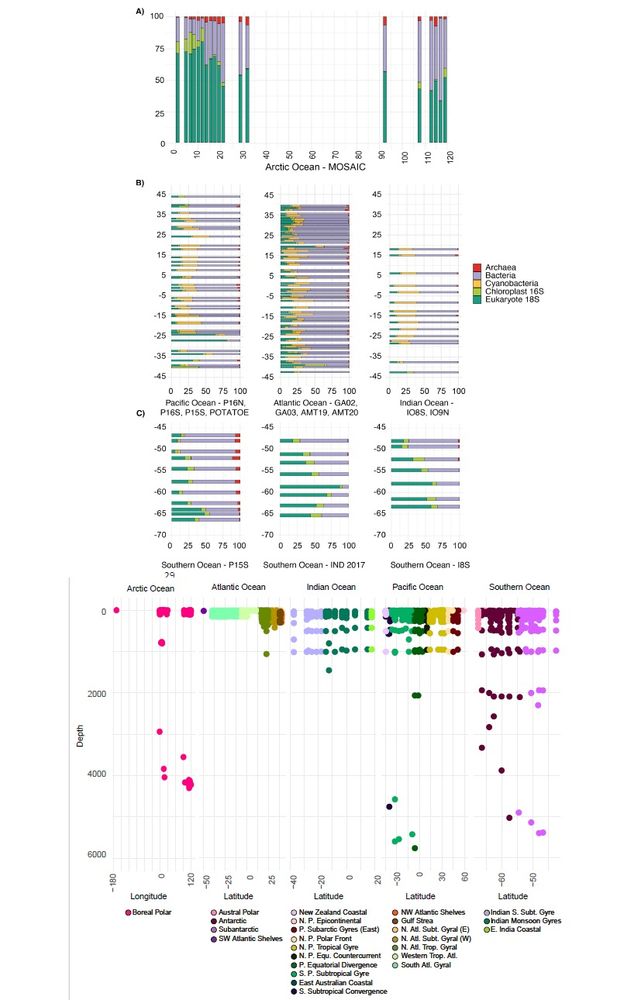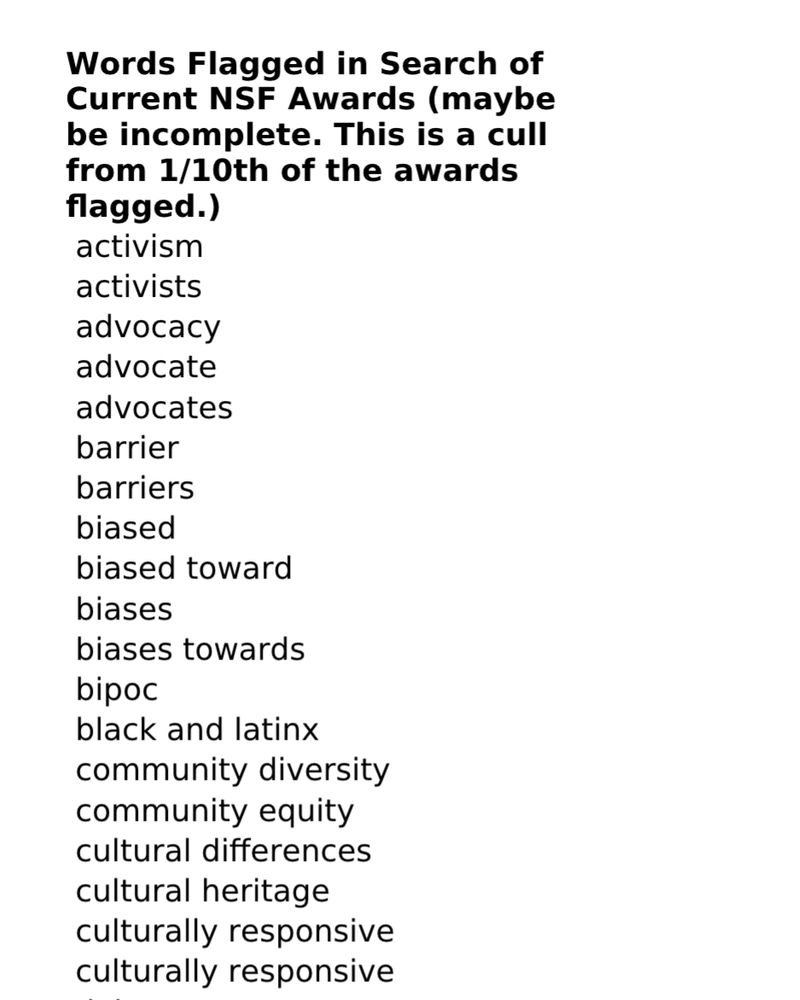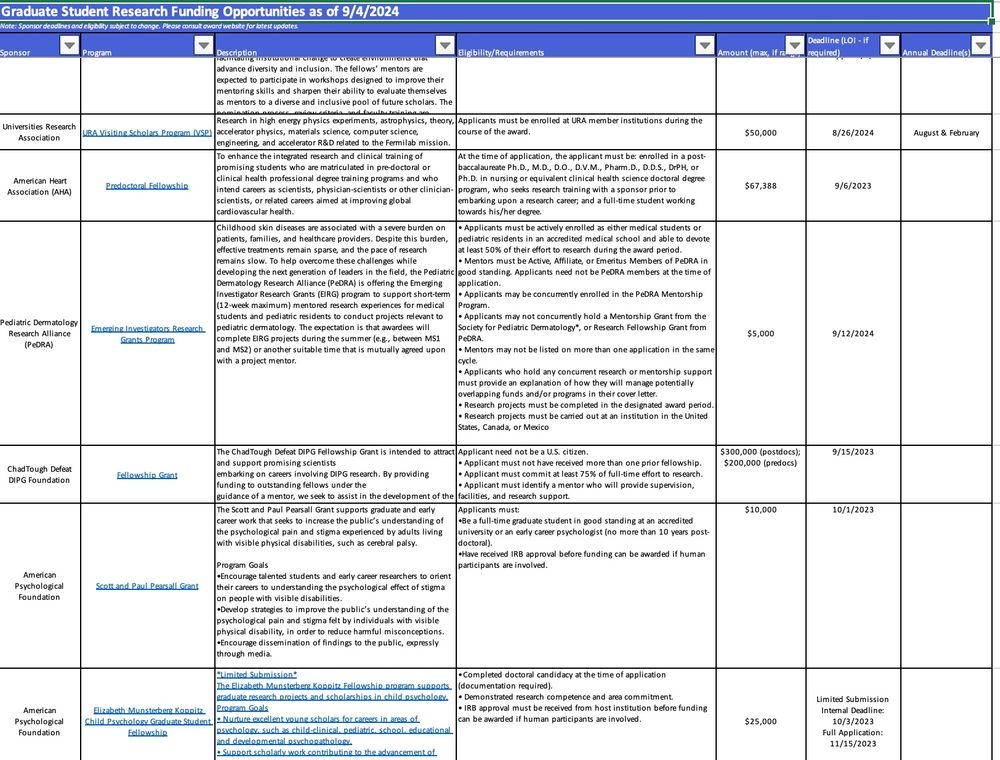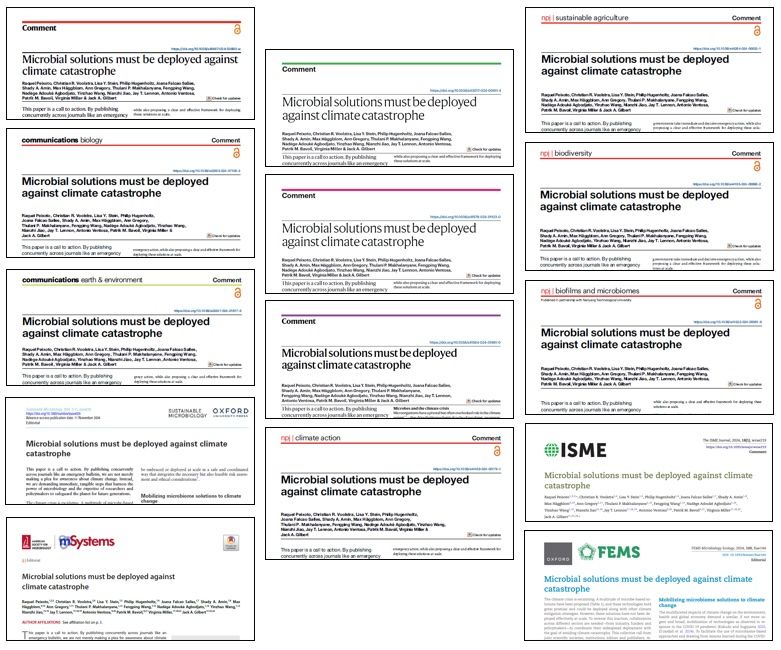Jed Fuhrman
@jedfuhrman.bsky.social
440 followers
380 following
6 posts
Dad, husband, nature lover, microbial ecologist, oceanographer, USC Professor. American Academy of Arts & Sciences, Am Acad Microbiology. Interested in how all life works together in the functioning of ocean ecosystems. Still just scratching the surface.
Posts
Media
Videos
Starter Packs
Jed Fuhrman
@jedfuhrman.bsky.social
· Jul 31
Reposted by Jed Fuhrman
Reposted by Jed Fuhrman
Jed Fuhrman
@jedfuhrman.bsky.social
· Jul 2
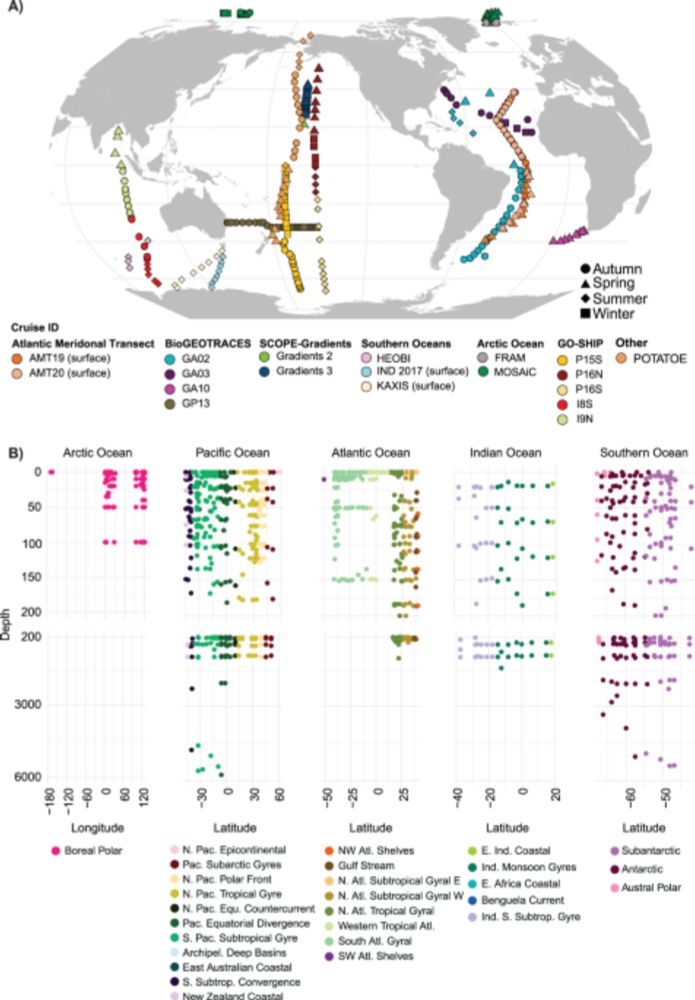
Characterizing organisms from three domains of life with universal primers from throughout the global ocean - Scientific Data
Scientific Data - Characterizing organisms from three domains of life with universal primers from throughout the global ocean
www.nature.com
Jed Fuhrman
@jedfuhrman.bsky.social
· May 22
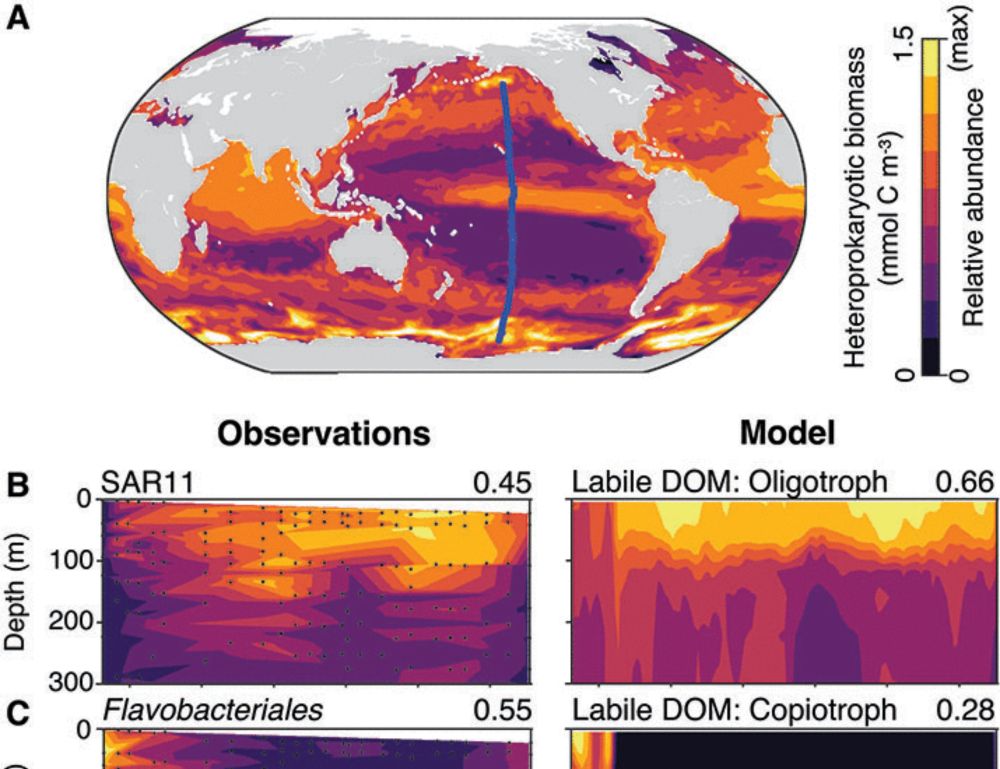
Functional biogeography of marine microbial heterotrophs
Heterotrophic bacteria and archaea (“heteroprokaryotes”) drive global carbon cycling, but how to quantitatively organize their functional complexity remains unclear. We generated a global-scale unders...
www.science.org
Jed Fuhrman
@jedfuhrman.bsky.social
· Apr 22
Reposted by Jed Fuhrman
Reposted by Jed Fuhrman
Reposted by Jed Fuhrman
Reposted by Jed Fuhrman
BejaLab
@bejalab.bsky.social
· Nov 20

Bacterial chemotaxis toward virus-infected cyanobacteria - Nature Microbiology
During the pre-lysis phases of phage infection, the cyanobacterium Synechococcus releases metabolites that attract heterotrophic bacteria — a process that is likely to influence carbon fate in the oce...
www.nature.com
Reposted by Jed Fuhrman
Reposted by Jed Fuhrman
